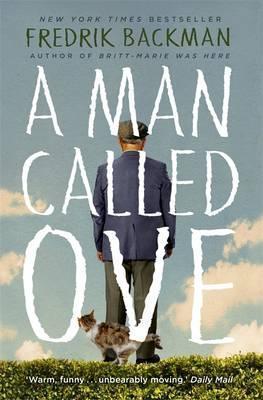GenericMoniker reviewed Best Served Cold by Joe Abercrombie
Revenge is overrated
4 stars
Content warning Maybe spoilers?
After her brother is killed, and nearly dying herself, Monza claws her way back to life in order to bring retribution to those responsible and those just guilty by association.
On her quest for revenge, she recruits a Northman who wants to be a better man (but this journey does not help), a master poisoner who is flawed in so many ways, and even some old enemies.
The quest almost becomes inevitable, even after Monza herself has second thoughts about all the names on her "list".













